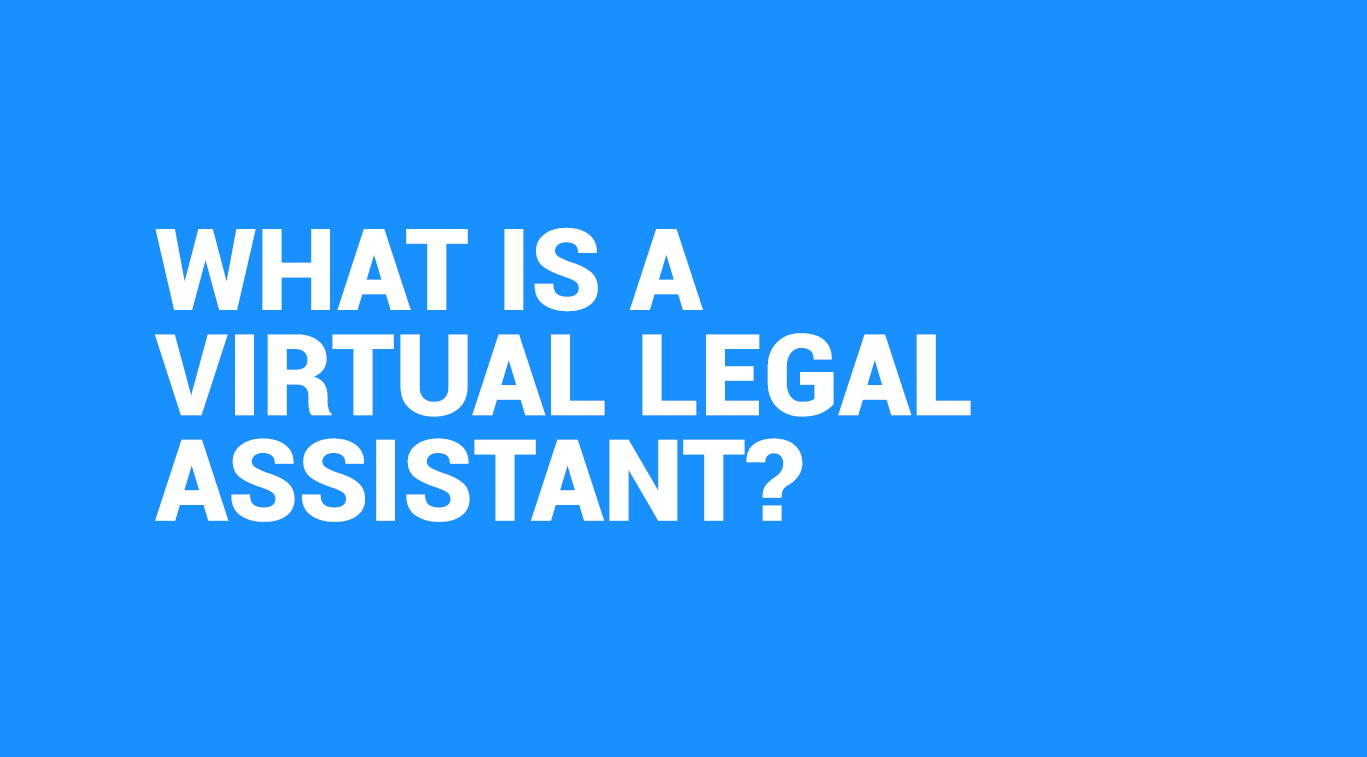How has Technology changed the job of the lawyer?

Written by Ginevra Tortora
Blogger

The legal profession is not immune to the same technological trends that have touched every industry. Part of advancing the technology revolution in law is the digitization of case law. Last year, the Harvard Law School Library announced the completion of its Caselaw Access Project (CAP), which scanned Harvard’s entire case law library, thereby digitizing 334 years of legal history. The CAP project makes state and federal decisions readily accessible to lawyers all over the U.S. This is only an example of how technology makes lawyers’ jobs easier and improves the accessibility and quality of legal services while reducing costs.
There’s an app for everything, and legal counseling is no exception. Custom apps are being created for specific law firms for time tracking, invoicing, and billing. Other apps facilitate secure document scanning and storing, quickly bringing law firms into legal professionals’ pockets. Some apps help law students study and find answers. Apps are convenient, usually intuitive, and readily available to anyone with a smart device. Also, just as an example of how much technology went far in the field of the law, smart contracts, which allow legal agreements to be automated, exist as part of a blockchain network, decentralized with transactions being permanently recorded and irreversible.[2]
Legal Research and Artificial Intelligence
Carrying out legal research for clients can often be laborious and time-consuming. However, as it requires a high level of accuracy and can be very exhaustive, technology can help to identify and streamline extensive collections of information so that lawyers have only the relevant information they need to build their cases.
As lawyers and other legal professionals navigate these new ways of working, it’s important to remember these tools will only enhance the quality of a lawyer’s work.[3]
Artificial intelligence has made it possible to create software legal professionals can use to scan legal documents and find relevant casework. According to an estimate from McKinsey, existing technology will be used to automate 23% of the work performed by lawyers.
We can see the potential in how the company ROSS Intelligence used IBM’s Watson to perform legal research. Other companies are working on similar technologies that can interpret legal terminology and perform some of the tasks usually done by legal professionals.
For example, Lex Machina is another company that offers a legal analytical platform based on machine learning and natural language processing. It’s able to analyze and sort through data from millions of pages of litigation, including information about subjects of lawsuits, judges, lawyers, and parties. It gives lawyers the insight they need to predict the chances of success of multiple legal strategies.[4]
Some Technology Trends in The Legal Industry
Automation: as stated above, experts say that 23% of a lawyer’s work can be automated. Automation can be used to reduce time-consuming and administrative tasks. Document automation is common in the industry, and there are tools in workplace automation to organise and track progress. Other areas which can be automated include data collection, reporting, daily tasks and billing.
Artificial Intelligence (AI): While still relatively unexplored in the industry, some firms are taking advantage of this technology that mimics human behavior. Lawyers use it to carry out repetitive tasks like checking contracts for missing clauses which is often very time-consuming.
Internet of things (IoT): this emerging technology allows objects used in our daily lives to be plugged into the internet to provide real-time data which can serve as evidence in legal cases.
Virtual Legal Assistants (VLAs) are AI-based chatbots that remove the need for a human reply. While they won’t replace humans, they can cut the need for human response and increase operational capacity.
Voice technology: Because people can speak faster than they can type, voice dictation and other voice assistants increase productivity. Technology can also be used to automatically transcribe voicemail messages which can then be sent to email to allow for a prompt response for urgent clients.[5]
Digital laws: The expansion of digitalization has led to a surge of cyberspace activities that need to be supervised and regulated. Hence, a new branch of law and rules have been created to ensure no unlawful or criminal activity occurs in the digital world. Digital law enforces the usage of technology and online resources ethically, and those who break this rule suffer legal ramifications. These crimes can result in fines, severe penalties, or even a court proceeding.[7]
The Cloud: Mountains of storage for files and paperwork could be a thing of the past as cloud-based software provide digital copies of files that become accessible from anywhere. This could release the need for physical office space, as lawyers can simply search for what they need in the cloud.[6]
Legal Professionals
Lawyers, paralegals, and other legal professionals are using technology more than ever, operating database applications specific to their practice area and using video conference tools and other electronic devices to complete daily tasks.
While law libraries are not extinct, electronic legal research prevails as the most common method of legal analysis. Legal professionals use various legal databases to research, verify case law, and track data. Westlaw and Lexis/Nexis continue to be among the most widely used legal research databases, although new software products are constantly entering the market.[8]Finally, technology increasingly allowed flexible working conditions, so lawyers, barristers, paralegals, legal secretaries, and attorneys are no longer confined to their large desks, surrounded by endless stacks of paperwork, legal proceedings, and books.
[1] ‘5 Ways Technology is Changing the Legal Profession’, firstlight.net
[2] ‘A History of How Technology Has Transformed the Legal Field, Zapapproved,
[3] ‘The Impact of Technology on the Law Industry’, Walsall College, 26 April 2021
[5] ‘Technology Is Changing the Legal Profession’, Essential Tech
[6] (N 4)
[7] ‘How Technology Will Change the Legal World’ London School of Business & Finance, 5 January 2021
[8] Sally Kane, ‘Legal Technology and the Modern Law Firm’, The Balance Careers, 28th July 2019








